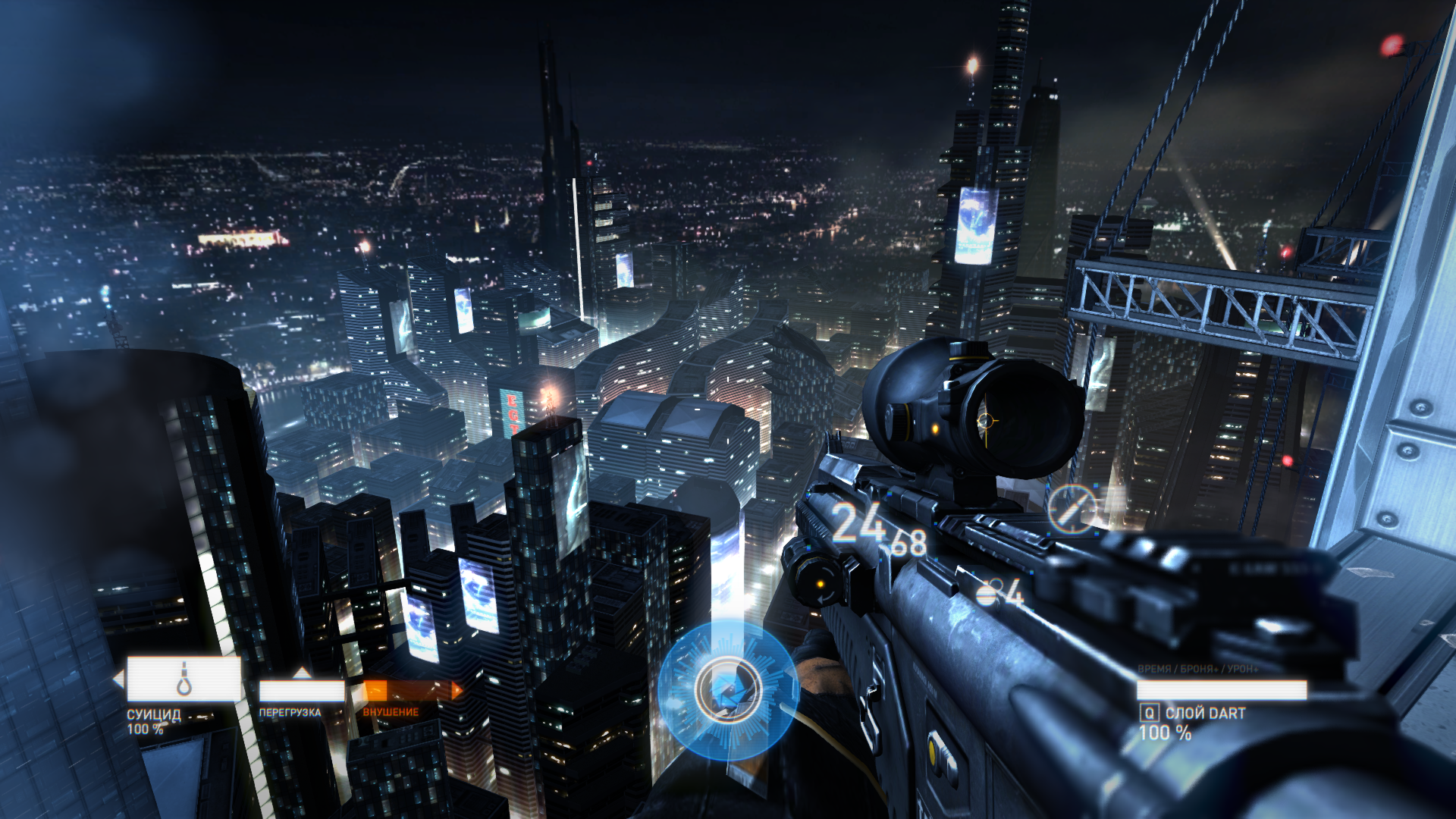In most video games, ultra-violence is synonymous with gore — how many limbs can be ripped off, how much viscera and arterial spray can go flying across the screen with every kill. It’s pure spectacle, heightened like B-movie grindhouse fare, but it’s rarely shocking or disturbing especially because it's a core aesthetic language in video games, one many of us recognize.
Take Syndicate — both the original Bullfrog Productions isometric shooter and Starbreeze Studios' 2012 Xbox 360-era FPS remake. The former was ultra-violent, but only through context. It wasn’t a spectacularly bloody game (its perspective and distance from the action rendered that challenging) but it was horrifying because of the indifference to its violence. Its Micro Machines-scaled cities were full of pedestrians hustling around sidewalks and transit stations, and cars making circuits around its streets. When your squad of syndicate agents opened fire in those spaces, the bullets ignited gas tanks and mowed down dozens of NPCs, leaving the streets littered with charred dead and debris.
The remake is similarly brutal, even though nearly every other aspect changed in the development process. It opens with a simulated training mission that drives home the inevitability of civilians getting caught in the crossfire of corporate shooting wars, and it quickly tops that with a sequence where you follow a fellow agent who executes countless civilians before your very eyes. Not to stop there, you then use a mind-control device to force a man to shoot his colleague. He screams in horror before turning the gun on himself. A series of massacres as senseless as Modern Warfare’s “No Russian” level unfolds before your eyes and nobody in the game acknowledges it as relevant to the action. You just proceed to your objective marker, waiting for security forces to belatedly respond to the bloodshed.

I’ve been trying to figure out why I find Syndicate’s grim, cold violence so arresting. Is there actually anything interesting there or it is just speaking to the inner child who felt like he was doing something dangerously transgressive playing the original Bullfrog shooter? That’s definitely a part of it, but I’ve also come to understand why that transgressiveness persists, even in an era where we are deeply desensitized to the spectacle of violence as entertainment. Syndicate’s world is amoral, and it uses violence to immerse you in that world and its sensibilities. The original left you in so little doubt about the scale of your villainy. Here, humanity was an abstract lesser creature that existed on the battlefield, like animals and livestock in an RTS, and nothing more.
Syndicate isn't telling a story about how that world can be redeemed. It's barely telling a story where any character finds the state of this world objectionable, and it’s not making some kind of point about violence as entertainment. It’s just telling a story in a world where human life is meaningless to corporate kings and their royal bodyguards.
This content is for registered subscribers only
Register now to access "Carnage in the Corner Office: Starbreeze's Syndicate".
Sign up now Already have an account? Sign in